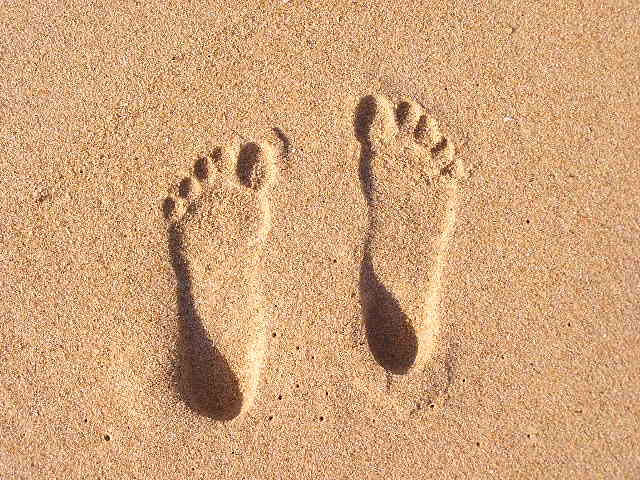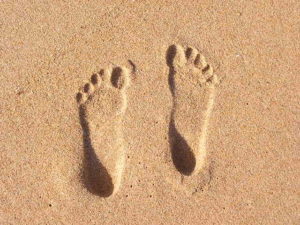New Beginnings and Digital Skills
Thoughts On my first weeks as the UoE’s new Digital Safety Support Officer
It’s been a month since I started my job as the University of Edinburgh’s first Digital Safety Support Officer in the Digital Skills & Training Team at the Information Services Group (isn’t that a mouthful?). The last four weeks have flown by in a whirlwind of conferences, meetings, MOOCs and research. I won’t lie, the 9-5 has been such a welcome change from PhD thesis-land, but this new role has come with quite a steep learning curve attached.
For the past ten years of my life, I’ve mostly been an English student. I arrived at the University of Edinburgh in 2009, bright-eyed and bushy-tailed, excited to learn new skills and carve out a new professional identity for myself. Up until recently, I always thought that identity would be “academic” but, after too many years of financial precarity, I’ve had to rethink that plan. When the “Digital Safety Support Officer” post came up on jobs.ed.ac.uk, it sounded like my dream job: researching digital safety and running events for students aimed at raising awareness of this topic.
As I’ve been settling into the role, however, I’ve had to take a step back in order to apply all that I’ve learned. In the last 30 days or so, I’ve read countless articles and taken a fair few courses about curating your digital footprint so, naturally, I’ve had to assess my own tracks and traces online. “Who does the internet say I am?” I’ve asked myself, “Is this an accurate representation of me?”
“Footprint” by Nadar is licensed under CC BY-NC-ND 2.0
“I contain multitudes”
It might sound a little odd in the context of digital identities but, as Walt Whitman writes in “Song of Myself” (1892), “I am large, I contain multitudes.” So, which one of my many identities can people glean from the bits of myself I’ve put out into the world via the worldwide web? Am I happy with this portrait? What are the factors that have shaped the idea of “me” that people get after Googling my name? These are the types of questions I’ve been asking myself since I started my job.
Of course, there have been others, too.
I’ve had a fraught relationship with social media since I started my own xanga blog in the seventh grade (a personal record I wanted to make sure no longer existed… or at least was hard to track down), and the research I’ve done over the past four weeks has reinforced a lot of my mistrust of these types of platforms. But now, perhaps more than ever, I also see the value in these digital spaces and the potential they have to create meaningful dialogue.
It’s the twenty-first century and more and more people are relying on internet access everyday. Here at the University of Edinburgh, we rely on a wi-fi connection to continue as a point of knowledge exchange; to foster important conversations that will have a hand in educating generations to come. We also create and maintain our own identities both as part of the University community and as private individuals. But what happens when these two identities collide in a digital space? We’re so used to seeing virtual spaces as distinct from physical spaces that I suspect there’s a disconnect here that really needs to be addressed.
So, my question essentially becomes: how do we reconcile the dark side of the internet (misinformation, trolling, cyberbullying, harassment, phishing scams, social engineering, etc.) with the good? And how can I help protect those who are most vulnerable in my community from the risks that come hand-in-hand with online engagement? These are just some of the questions I’ll be grappling with over the next few months. In addressing these concerns, I hope the digital safety and citizenship project will help make the University a more inclusive space. I’ll be posting some of what I’ve learned and scattered thoughts and ideas here in case you’re interested in following my progress.




